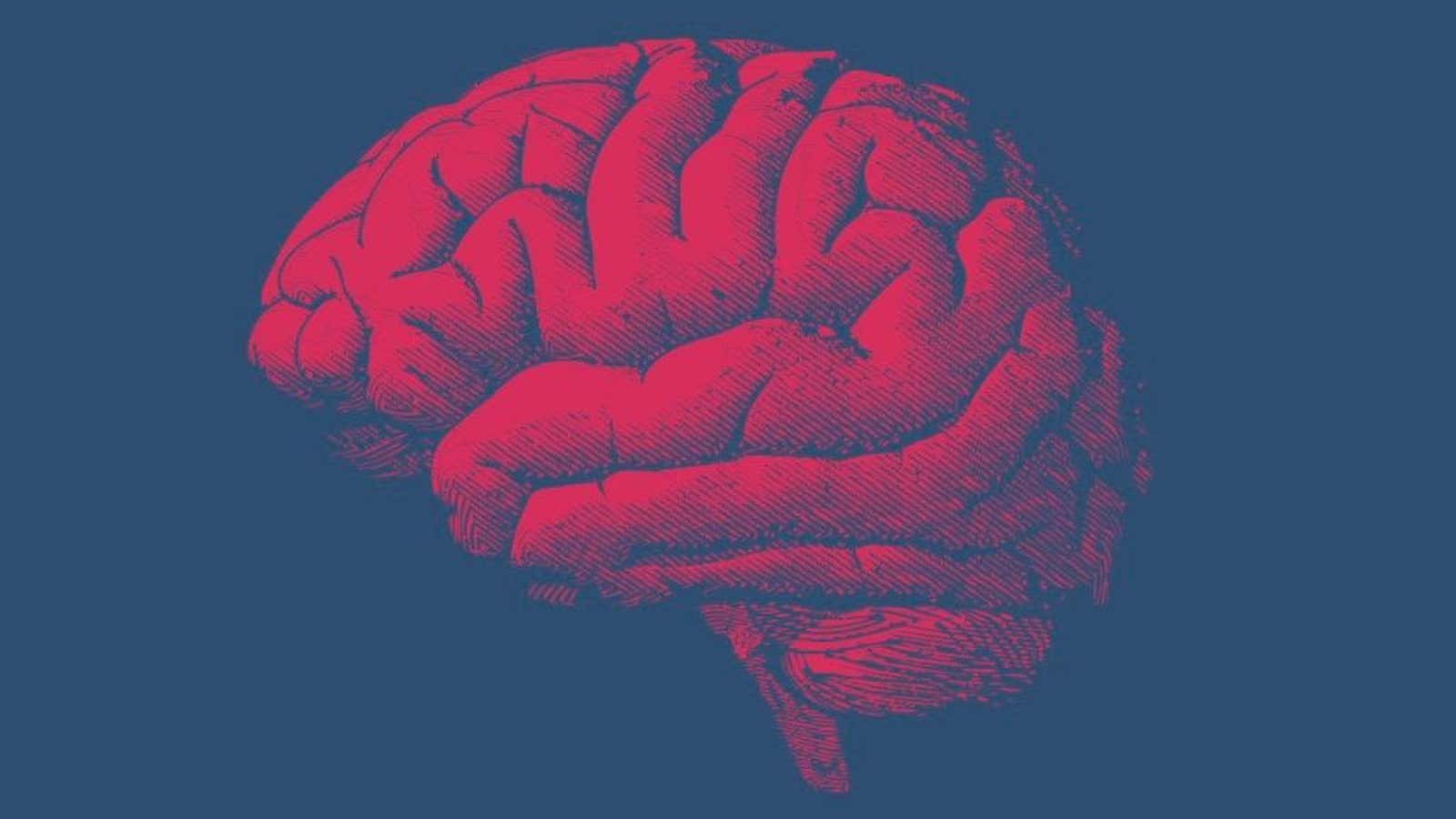Three Cognitive Biases We All Have (and How to Deal With Them)

No matter how capable and controlled we feel, the mind can deceive us in many ways, and one of those ways is through cognitive distortion . Cognitive bias is a thought bias that occurs when the brain tries to simplify the information it processes and interprets, which can then affect the decisions and judgments we make. As Yale University psychology professor Woo-Kyung Ahn recently explained to NPR , cognitive biases probably helped our ancestors make quick decisions in order to survive, but these biases may now be working against us.
What are the most common cognitive distortions?
There are all sorts of cognitive biases , ranging from anchoring bias (the tendency to classify information about an item based on the underlying fact you’ve learned about it) to the Dunning-Kruger effect (when people – not you, of course – fail to admit they’re wrong).
As Ahn, who wrote the book Thinking 101: How to Think Better to Live Better , also explained to NPR , we are all guilty of having cognitive biases. The three most common cognitive biases that we are all guilty of include the tendency to overestimate one’s abilities, the instinct to dwell on the negative, and to choose data to support an already defined worldview.
Overestimating our abilities can lead to underpreparation for something because we assume we can already do it. A constant fixation on the negative can keep us from making an important decision, such as buying a house or changing jobs. Meanwhile, if we only pay attention to data that “corroborates” what we already know, it can keep us from learning and accepting other facts.
How to avoid these cognitive biases
As Ahn points out, a general strategy for preventing cognitive bias is to be aware of our predisposition to bias and pause before making a decision so we can better question our assumptions. The bias will still be there, but taking extra time to learn what we’re doing and why can help reduce our tendency to make decisions based on faulty assumptions.
Some of the specific coping strategies for the most common cognitive biases include over-preparing for major events, projects, or presentations (to avoid the overconfidence trap); focus on both positive and negative aspects of the solution; and make a conscious effort to look at issues and current events from different perspectives, rather than relying on our previous assumptions.